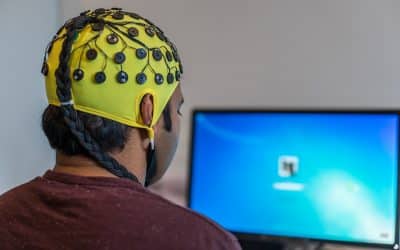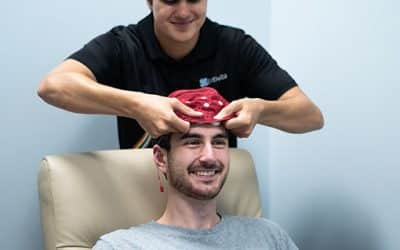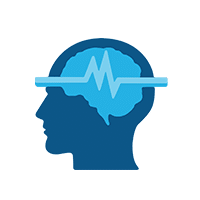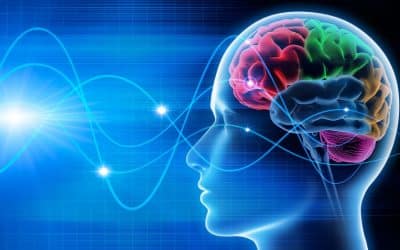Abstract Background: Mild cognitive impairment (MCI) is a symptom characterizing cognitive decline and a transitional state between normal aging and dementia; however, there is no definitive diagnosis and treatment for MCI. Neurofeedback (NF), which is a training...
Neurofeedback
Stem cell-based therapy for inflammatory bowel disease
Abstract Inflammatory bowel disease (IBD) is an idiopathic, multi-etiological disease characterized by inflammation and mucosal destruction of the gastrointestinal tract. Despite the remarkable advance in immunomodulating therapies, there still remains a certain...
Neuroinflammation as a risk factor for attention deficit hyperactivity disorder
Abstract Attention Deficit Hyperactivity Disorder (ADHD) is a persistent, and impairing pediatric-onset neurodevelopmental condition. Its high prevalence, and recurrent controversy over its widespread identification and treatment, drive strong interest in its etiology...
Neurofeedback as a Treatment Intervention in ADHD: Current Evidence and Practice
Abstract Purpose of review: Current traditional treatments for ADHD present serious limitations in terms of long-term maintenance of symptom remission and side effects. Here, we provide an overview of the rationale and scientific evidence of the efficacy of...
Neurofeedback as a Treatment Intervention in ADHD: Current Evidence and Practice
Abstract Purpose of review: Current traditional treatments for ADHD present serious limitations in terms of long-term maintenance of symptom remission and side effects. Here, we provide an overview of the rationale and scientific evidence of the efficacy of...
Sustained effects of neurofeedback in ADHD: a systematic review and meta-analysis
Abstract Neurofeedback (NF) has gained increasing interest in the treatment of attention-deficit/hyperactivity disorder (ADHD). Given learning principles underlie NF, lasting clinical treatment effects may be expected. This systematic review and meta-analysis...
Neurofeedback Improves Memory and Peak Alpha Frequency in Individuals with Mild Cognitive Impairment
Abstract Mild cognitive impairment (MCI) is a syndrome characterized by a decrease in cognitive abilities, while daily function is maintained. This condition, which is associated with an increased risk for the development of Alzheimer's disease, has no known...
Mechanisms of Neurofeedback: A Computation-theoretic Approach
Abstract Neurofeedback training is a form of brain training in which information about a neural measure is fed back to the trainee who is instructed to increase or decrease the value of that particular measure. This paper focuses on electroencephalography (EEG)...
Peripheral proinflammatory cytokines in Chinese patients with generalised anxiety disorder
Abstract Background: Inflammatory responses and inflammatory cytokines have been implicated in the pathogenesis of affective disorders, particularly major depression. Given the limited evidence relating to the potential role of proinflammatory cytokines in generalised...









